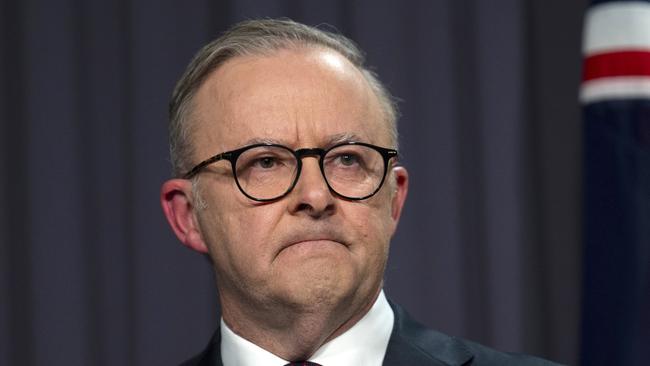
This means a defeat of the voice, which had strong backing from big business, will force a reappraisal and even prompt some boards to take a more rigorous approach to driving social issues.
The referendum was always going to be a big political gamble for business to back – even in the early days when there was strong support. The bet didn’t pay off.
This means companies and their leaders will now need to reconcile their endorsement of the voice with how their customers, and staff, voted. The challenge will be to find a middle ground.
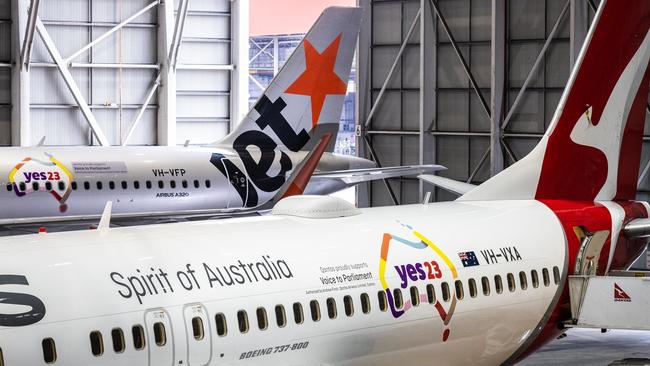
The comprehensive rejection of the voice won’t change the path to reconciliation many businesses already have under way.
But much of this activity will continue to happen out of the spotlight through Indigenous training and employment opportunities, and support as part of efforts to win over trust among communities.
Even before the voice proposal was made, hundreds of ASX-listed companies had detailed reconciliation action plans in place. Attention will now turn back to these programs.
Indeed, it can be argued that the political focus on the voice was only serving as a distraction to these programs. Some of the programs involve corporates like BHP or Woodside adopting Indigenous advisory boards as part of their decision-making processes.
One chairman of a major ASX company said while the referendum and the surrounding debate was clearly over, this hadn’t changed his company’s view it has a role to play in bridging the huge gap in health, education and employment prospects for Indigenous Australians. And all parts of the Australian community need to work together to find a solution to this. There is likely to be a reflection of his own company’s participation in the debate, he said.
Miscalculation
Unlike the same-sex marriage plebiscite, a vote for constitutional change was always going to be more fraught territory for business to get behind. A referendum has consequences and forces everyone to take a position whether they want to get involved or not.
Even the strong position taken by corporates on vaccinations during Covid-19 had cover given there was buy-in from politicians and the silent majority who just wanted the pandemic and lockdowns to be over.
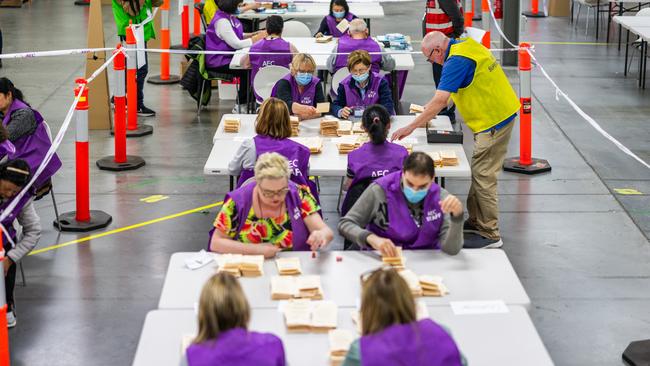
But it was the miscalculation of the lack of broad political support for the voice that left businesses exposed as advocates on the issue and in many ways this undermined the message while isolating business from their own customers.
Big miners had their reasons for getting behind the campaign, but for the likes of former Qantas boss Alan Joyce unveiling planes with Yes23 painted on the sides compounded the view the campaign was being pushed by wealthy elites and alienated those paying passengers who were uncomfortable about committing to the proposed reform.
Many shareholders will be right to question the boards which put millions of dollars into supporting the Yes campaign. They will ask whether the funds were well spent, and whether the entry into the referendum debate was ultimately counter-productive.
Closing the gap
There is a genuine commitment among Australian businesses across the spectrum – be it banks, supermarkets or even miners – for reconciliation, and while it is tempting, it is too simplistic to just say their stand was driven by big investors pushing environment, social and governance agendas.
This is a one-dimensional view that does not understand the competing pressures businesses now face from community, governments and shareholders. Several big companies had furious debates inside the boardroom about lending their brand to the referendum. Indeed, many big names sat out of the referendum while letting their own reconciliation action plans do the work.
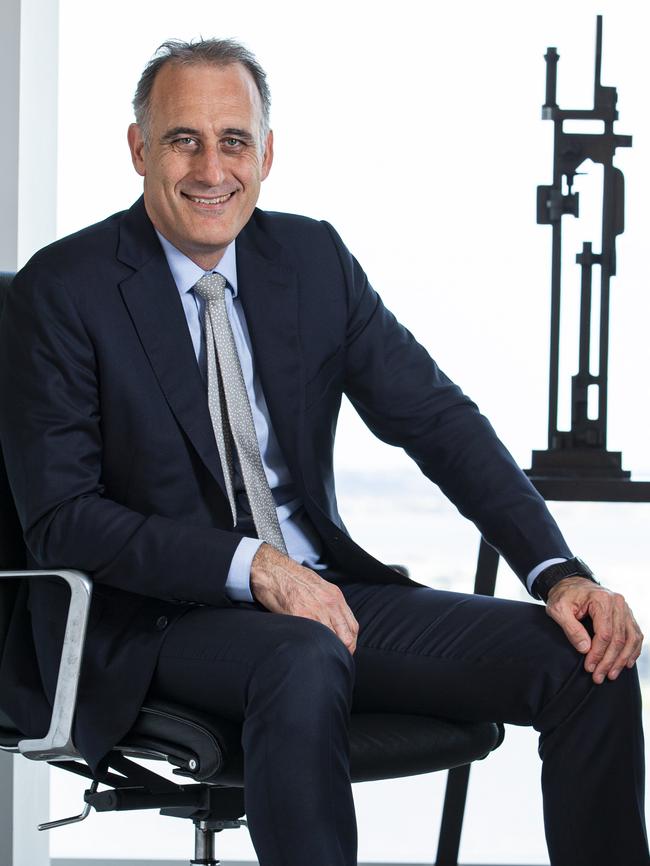
Rob Scott, the Wesfarmers chief executive who was the strongest corporate backer of the voice, with Wesfarmers donating $2m to the Yes campaign, set the tone for the way forward for business. He acknowledged the decision of the Australian people in the referendum, but said Wesfarmers remained committed to reconciliation, an issue he believes is in the national interest.
“On all sides of the debate, there was a consensus around the need for practical measures that will have an impact and deliver benefits for Indigenous communities, particularly in health and wellbeing, education, housing and employment. We must seize this momentum,” he said on Sunday.
Mining support
Big miners, which interact with Indigenous communities daily and many have big Indigenous workforces, saw support of the voice as key to their social licence to operate.
Miners will be among the first to pick up the pieces following the strong national No vote. They will quietly offer support to Indigenous staff and suppliers in coming weeks and continue to prove their longstanding commitments to landowners. The No vote shows the fraught world that business enters when it becomes a player in the political process. And while businesses may be more cautious about getting involved in political fights, it doesn’t mean business should stay silent on issues that involve them.
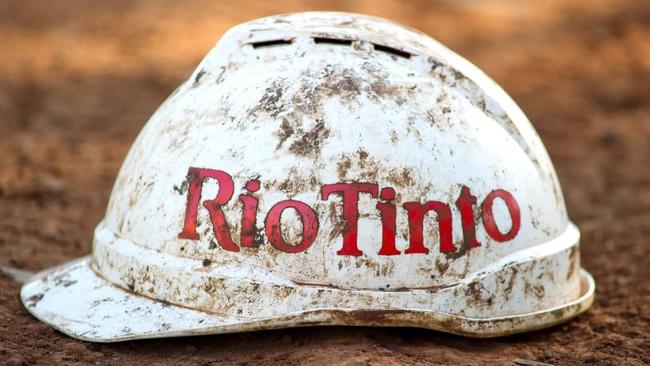
In the case of the voice, corporate Australia was well placed to lead the conversation on how it partners with traditional owners on land that it operates, according to former West Australian treasurer and Indigenous leader Ben Wyatt. “I think more Australians would like to hear from those who invest the capital, the challenges they face and the efforts they go to ensure that their social licence is one that can be validly and confidently renewed,” Wyatt, now a Rio Tinto and Woodside director, said recently.
Still, the lessons of the voice for business should be one of caution and deep policy examination. Politically active businesses also need to keep on the right side of their customers.




For the first time in years, corporate Australia has found itself in the uncomfortable position of being out of step with much of the community.